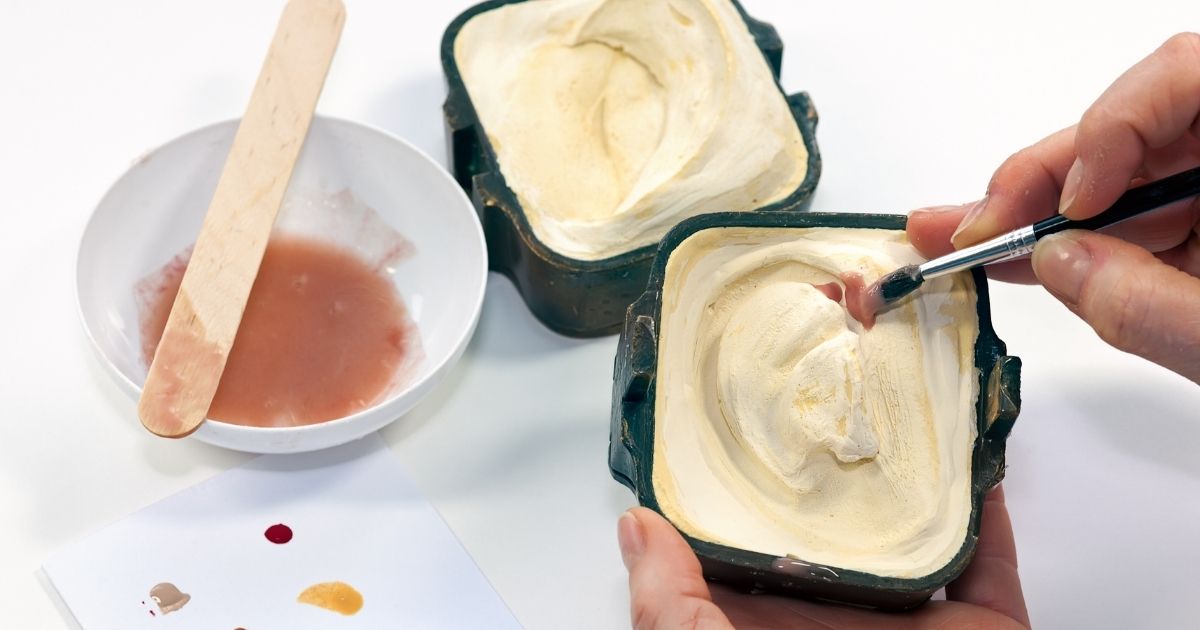Deformities in the mouth, jaws, face, and skull often impact one’s self-confidence. Those suffering from craniofacial deformities may choose facial reconstruction surgery. However, in some cases, surgeons cannot reconstruct patients’ facial features due to burns, surgery, or accidents; that is where craniofacial implants offer an appropriate alternative for patients.
Craniofacial surgery is often performed on those born with a cleft palate or lip, a congenital deformity that Johns Hopkins University researchers estimate impacts one in 700 children. Other facial anomalies typically treated by craniofacial surgeons include craniosynostosis, rare craniofacial clefts, acute and chronic sequalae of facial fractures, micrognathia, Treacher Collins Syndrome, Apert Syndrome, and Crouzon Syndrome, among others.
Patients who suffer craniofacial abnormalities may consider craniofacial implants to improve their quality of life. Craniofacial implants can keep a prosthesis in place during daily activities. Unlike previously used methods for securing a prosthesis, which might be attached via glue and adhesives, craniofacial implants are anchoredto the bone. Craniofacial implant surgery allows the patient to restore the damaged area of the face or skull.
What is Involved in a Craniofacial Implant?
According to MaxFacts, craniofacial implant surgery will begin with the surgeon’s team making an impression of the part of the body that was traumatized, right after the wound is healed. Oral surgeons then use magnets, retentive buttons, or titanium fixtures/screws to attach the titanium implants to bone, a process known as osseointegration. This method allows the patient to know the prosthesis is securely in place, providing a sense of confidence.
After the healing process, an oral surgeon then places abutments through the skin in corresponding spots to the titanium implants in the bone. Once this heals, a thin bar links the abutments, which is then fastened to the anchors using clips or magnets. With craniofacial implants, patients may become more confident in social settings, work, and school situations.
Are Craniofacial Implants Right for Me?
Patients may be concerned that their skin color, look, and feel will not be captured. However, advancements in silicone have enabled technicians to closely mirror a person’s features. The evolution of silicone materials can make the prosthesis very difficult to tell apart from the rest of the face. According to Brigham & Women’s Hospital in Boston, craniofacial surgery is best performed on patients whose facial bones have physically matured toward the end of adolescence and into adulthood.
How can an Oral Surgeon Help Me?
It is natural for patients to be nervous before any type of facial or oral surgery. Craniofacial surgeons undergo extensive post-secondary schooling and training, such as a plastic surgery residency and a craniofacial surgery fellowship. These surgeons may need the guidance of an oral and maxillofacial surgeon who specifically treats the jaw, teeth, and lower face, as well as a craniofacial orthodontist. This team of highly skilled individuals will walk patients through the entire procedure and ensure their concerns are addressed while upholding the highest standard of care.
South Jersey Oral Surgeons at Lanzi Burke Oral & Maxillofacial Surgeons Help Patients with Craniofacial Implant Concerns
To find out more about craniofacial implants, contact a South Jersey oral surgeon at Lanzi Burke Oral & Maxillofacial Surgeons today. We understand how craniofacial implants can improve your life and we will walk you through the entire procedure. To schedule an appointment, call 856-582-4222 or contact us online for more information. Located in Washington Township, Haddonfield, and Woolwich Township, we serve patients throughout South Jersey.


